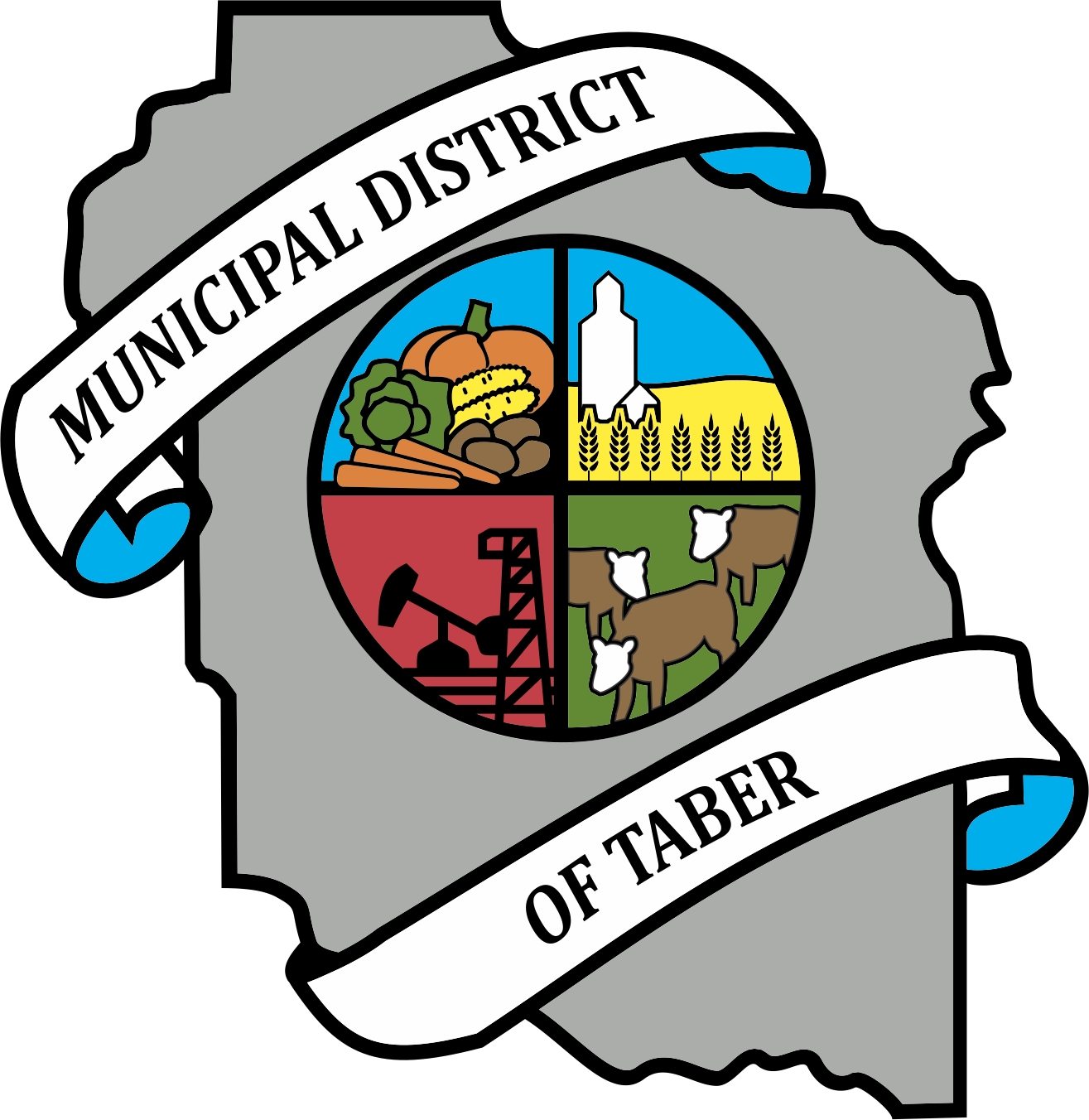Current Temperature
13.0°C
M.D. of Taber exploring changes to Tax Penalty Bylaw
Posted on March 3, 2021 by Taber Times
By Cole Parkinson
Taber Times
cparkinson@tabertimes.com
This year could see changes to the Municipal District of Taber Tax Penalty Bylaw.
After discussion at the M.D.’s Committee of the Whole meeting last month, a recommendation was forwarded to council for decision at their meeting held Feb. 23.
While the tax collection date had been Nov. 15 prior, that would now move to July 31.
At the Committee of the Whole meeting, a resolution to request administration to prepare a Property Tax Penalty Bylaw with the following penalties included as follows: Aug. 1 – five per cent penalty applied to current unpaid property tax; Oct. 1 — three per cent penalty applied to current unpaid property tax; Dec. 1 — three per cent penalty applied to current unpaid property taxes; Jan. 1 — 12 per cent penalty applied to unpaid property taxes was carried 6-1 with Coun. Brian Brewin voting in opposition.
“Each year, the Municipal District of Taber collects the majority of its property tax revenues, approximately $20,740,000 on or near November 15,” read administration’s report. “These funds are utilized throughout the following calendar year to pay budgeted operating and capital expenditures, and meet current financial obligations, including the provincial education requisition — which is payable to the provincial government in quarterly installments.
“The first being March 31, then June 30, Sept. 30 and the final being Dec, 31 of each year.”
Administration also provided an alternative date of Feb. 1 for the 12 per cent penalty.
“It’s just a little more time before the largest penalty is applied,” explained CAO Arlos Crofts.
Deputy Reeve Jen Crowson explained moving the tax collection date was something that would benefit both administration and council in better planning for the yearly budget.
“Also, so we have a better view of what our financial picture looks like. When I say that, I mean what’s not collected on Nov. 16 currently and we saw this morning, as of November 16 in 2020, we were at almost $4.7 million uncollected.
“Finding out that on Nov. 16 is very hard to continue with our budgeting process if we need to make some jar cuts. I think moving that date up also helps us in our financial planning into the future for the following tax year.”
Others on council agreed moving the date would result in a better position to plan for the budget.
“I think that’s the biggest reason for moving it — so we have an idea,” said Reeve Merrill Harris. “By the time you get to budget season of what you’ve actually got to work with rather than (not knowing). I know we’re one of the few that still has one this late, not that means we have to change, but I think there are very few municipalities that have a deadline, as late as ours. Most have moved to a June, July or August time frame for their tax collection date.”
Others also liked moving the final penalty of 12 per cent to February, rather than January.
“I think a move to Feb. 1 is a consideration of our ratepayers. January, there’s just a lot going on, so it’s even a consideration of our staff — so I’d be in favour of that. I think it’s worth taking the property tax penalty bylaw, even though it’s a requirement we must have in place, it’s not our intention as a council and has nothing to do with gardening the penalties as revenue,” added Coun. Tamara Miyanaga.
“I think having the February larger penalty makes a lot of sense. It gives that extra month of trying to get things in order,” stated Crowson.
While many were on board with the date moving to July, others were not.
With the summer busy for the ag industry, Coun. Brewin pointed to the fact the tax collection date had remained in November because it gave farmers a chance to assess their season.
“My concern is we are a largely rural community and the logic of having it later was for the ag people to have crop already in the bank in order to pay their taxes. This may be easier for administration or for the M.D. — I’m not sure it’s better for our ratepayers,” he said.
Others pointed out the largest base of their taxes didn’t come from farmland.
“In that though, our tax base of agriculture is only 10 per cent versus the other 80 per cent from non-residential and residential. I don’t know if they are one of the biggest sectors, I guess, within the M.D. — but I wouldn’t say the sector when it comes to us trying to plan our budgets,” responded Coun. Leavitt Howg.
At a previous M.D. Annual General Meeting, Crowson stated a few farmers approached her and Howg to express support for moving the tax date into the summer.
“They were in favour of us moving the date. They felt it did make sense and the rationale behind it.
“Those were the ones that were in attendance and came and said something to us after,” she said.
A motion to bring back a revised bylaw with the penalty schedule as discussed with the August, October, December and February penalty date being 12 per cent was carried unanimously.
Leave a Reply
You must be logged in to post a comment.

